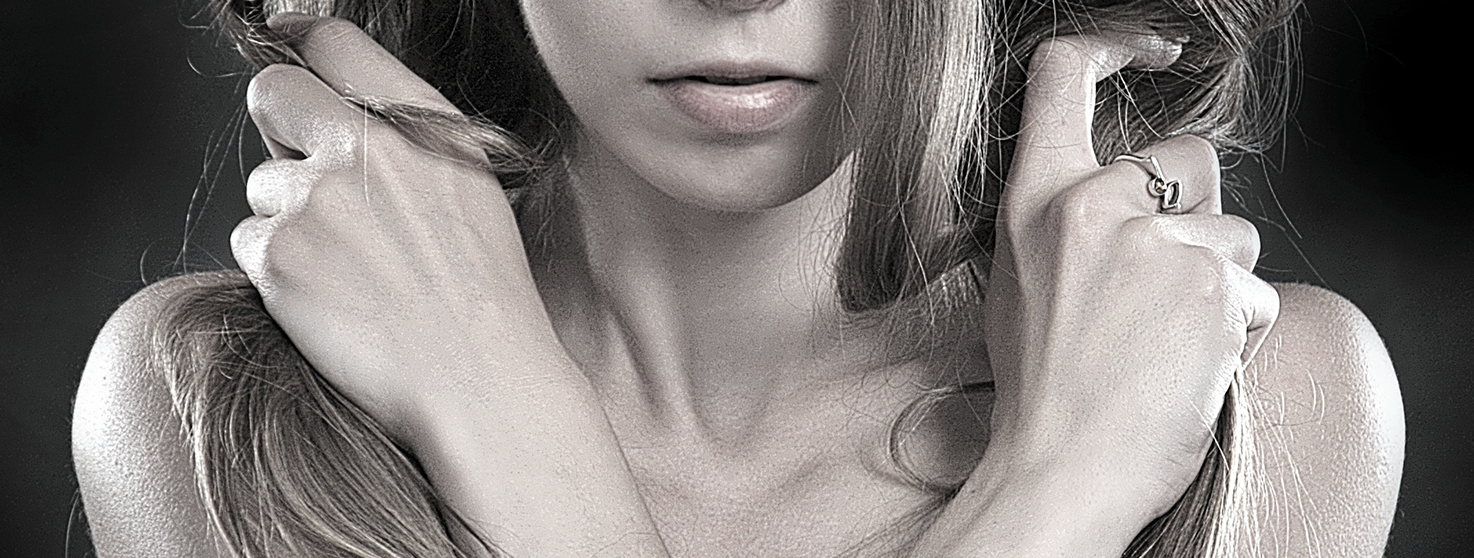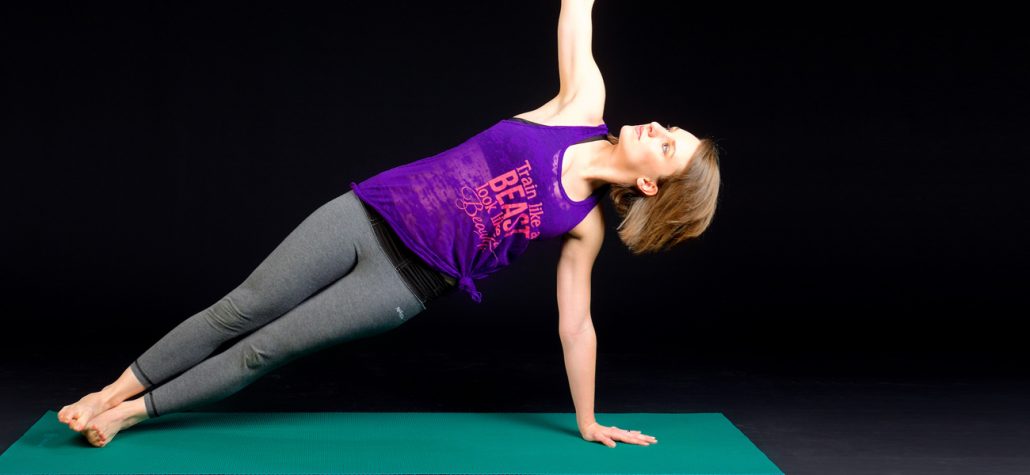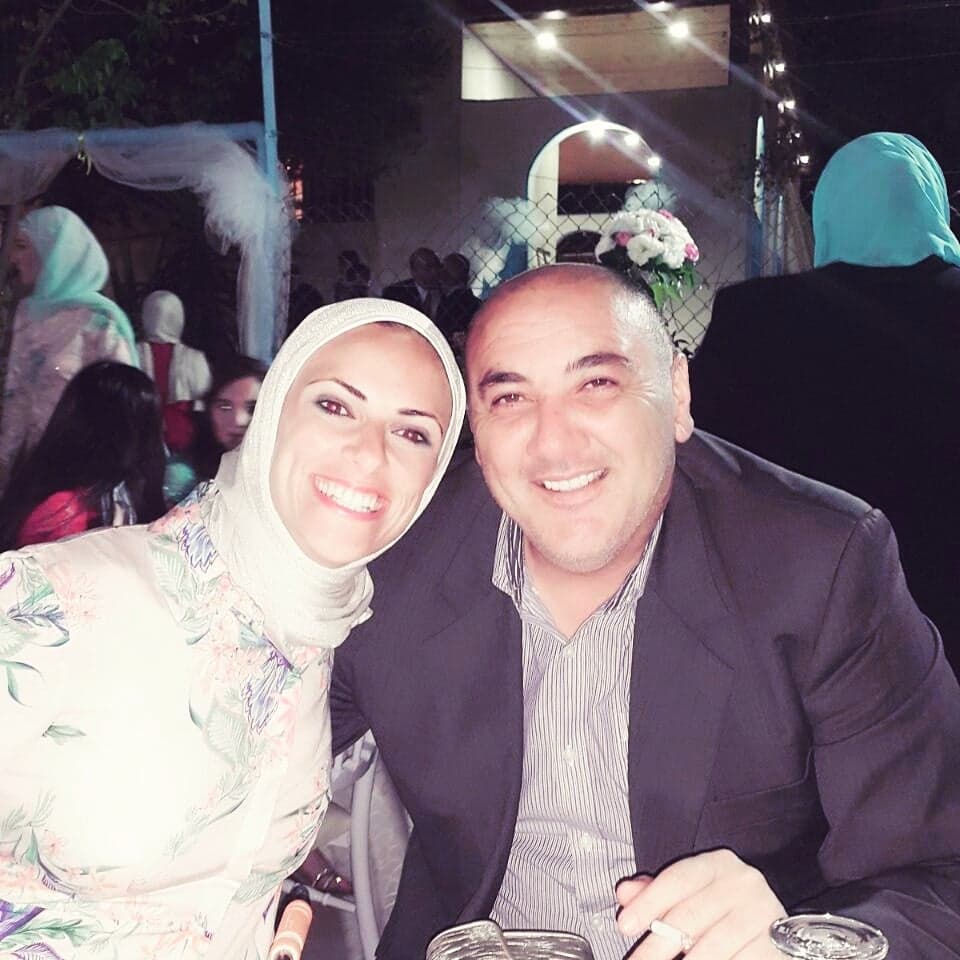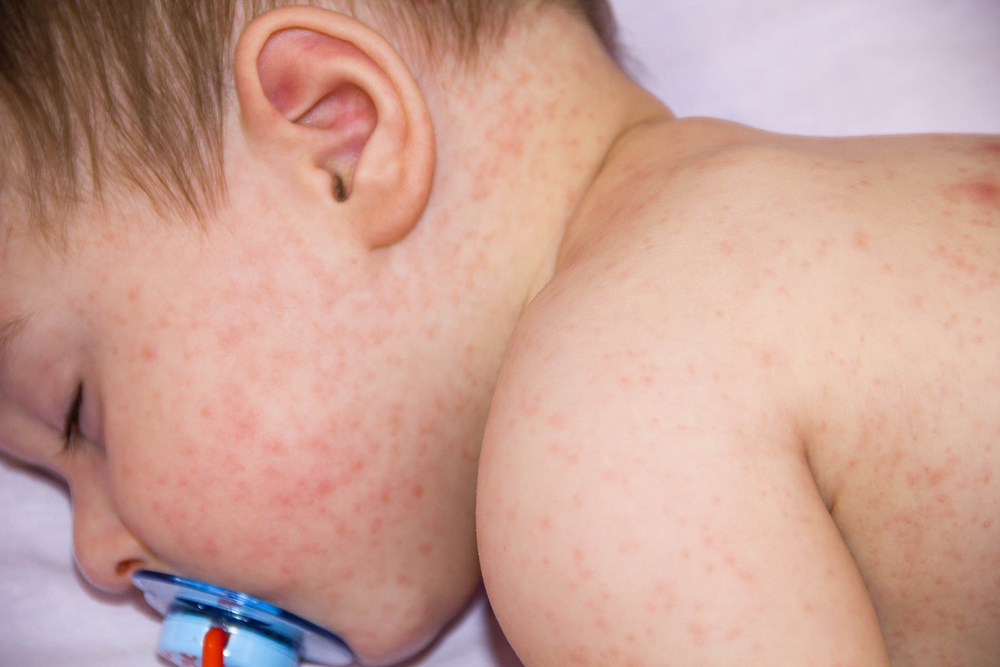Women’s Health
Why Your Hair is Falling Out and How can you treat it?

Many people think that hair loss issue is directed to men more than women, well, this is far from the truth. There are a lot of factors other than baldness that may affect hair growth process and density. So, it is normal to notice that your hair is shedding while showering or brushing it, but it is not normal to notice that you lost a lot more of it suddenly or during a very short time period. Therefore, it is recommended to look for the causes behind this issue and to address them thoroughly. That is why, we have prepared this article for you to share with you the factors that are leading to your hair loss and how to deal with it.
How Does Hair Grow?
Hair grows everywhere on the human skin except on the palms of our hands and the soles of our feet, but many hairs are so fine they are virtually invisible. Hair is made up of a protein called keratin that is produced in hair follicles in the outer layer of skin. As follicles produce new hair cells, old cells are being pushed out through the surface of the skin at the rate of about 15 cm per year. The hair you can see is actually a string of dead keratin cells. The average adult head has about 100,000 to 150,000 hairs and loses around 50 to 100 of them a day. This usually doesn't cause noticeable thinning of scalp hair because new hair is growing in at the same time.
Hair Life Cycle Each follicle has its own life cycle that can be influenced by age, disease, and a wide variety of other factors.
This life cycle is divided into three phases:
-
Anagen -- active hair growth that lasts between 2 to 6 years
-
Catagen -- transitional hair growth that lasts two to three weeks
-
Telogen -- resting phase that lasts about two to three months; at the end of the resting phase the hair is shed and a new hair replaces it and the growing cycle starts again.
What Are the Factors that Affect Hair Loss?
There are several factors that affect hair loss and these differ from females to males:
-
Family History (Hereditary)
The most common cause of hair loss in men is a hereditary condition called, male-pattern baldness. There are some cases of female-pattern baldness as well. It usually occurs gradually and in predictable patterns and may start from as early as 12 years of age in males.
-
Hormonal changes and medical conditions
Hormonal changes and imbalances can cause temporary hair loss. This is more common in women and could be due to pregnancy, childbirth or the onset of menopause. Hormone levels are also affected by the thyroid gland, so thyroid problems may cause hair loss. During pregnancy, increased levels of estrogen prolong the growing phase. There are fewer hairs in the resting phase and fewer falling out each day, so you have thicker, more luxuriant hair. After giving birth, estrogen levels drop and many more hair follicles enter the resting stage. As a result, more hair falls out in the shower or on the brush but this unusual shedding does taper off and your hair will return to its pre-pregnancy thickness about six to 12 months after you give birth. it is worth noting that not all women notice dramatic changes in their hair during pregnancy or the postpartum period.
-
Medical Conditions
Mal-absorption of essential nutrients for hair due to certain conditions or the presence of immune disease may lead to hair loss.
-
Medications
Hair loss can be caused by drugs used for cancer treatment, arthritis, depression, heart problems, high blood pressure and birth control. Intake of too much vitamin A may cause hair loss as well.
-
Dietary causes:
According to many medical studies, any deficiencies in vitamins and minerals like vitamin D, and vitamin B12, iron, zinc and magnesium, may lead to hair loss. This is especially true for women.
-
Other causes of hair loss:
-
Radiation therapy to the head: The hair may not grow back to the same level it was before.
-
A trigger event: Many people experience a general thinning of hair several months after a physical or emotional shock and even sudden or excessive weight loss.
-
Excessive hairstyling or hairstyles that pull hair too tight (these changes are more obvious for women with long hair).
-
What can you do to stop hair loss?
To solve hair loss issues, look for the causes & factors that lead to hair loss. Perform a blood test to check your vitamin and other mineral levels, show them to your doctor who will ask for any further tests and may prescribe any necessary vitamins, minerals or thyroid medications if indicated. Furthermore, avoid pulling your hair too tightly, playing with it constantly, dying it with dyes that contain peroxide or ammonia and using hair relaxers frequently. Foods that help prevent hair loss include:
-
Spinach is a great source of iron, vitamin A and C and protein.
Iron deficiency is athemain cause of hair fall and spinach is not only iron-rich, it also contains sebum which acts as a natural conditioner for hair. It also provides omega-3 acid, magnesium, potassium, calcium and iron. -
Carrots and sweet potatoes are an excellent source of vitamins A and C.
-
Eggs and dairy products are loaded with essential nutrients such as proteins, Vitamin B12, iron, zinc and Omega 6 fatty acids.
Dairy products are also a great source of biotin (Vitamin B7) that is known to fight hair loss. -
Oats are rich in fiber, zinc, iron, omega-6 fatty acids and polyunsaturated fatty acids (PUFAs) that stimulate hair growth and make your hair thick and healthy.
-
Walnuts are the only known nut that contains biotin, B vitamins (B1, B6 and B9), Vitamin E, protein and magnesium, all of which strengthen hair cuticles and nourish the scalp.
-
Lentils are loaded with protein, iron, zinc, and biotin.
Besides this, lentils are full of folic acid which is necessary for restoring the health of red blood cells that supply the skin and scalp with much-needed oxygen. -
Poultry meat (e.g. chicken) is rich in high quality protein which strengthens fragile hair and prevents breakage.
-
Strawberries, rice, oats, onion, cabbage, cucumber and cauliflower contain high levels of silica.
Silica is a trace mineral vital for hair strength and hair growth. -
Yogurt is packed with Vitamin B5 and Vitamin D that are known to promote hair follicle health.
-
Vitamin C rich foods support the absorption of iron in our body and are also known for antioxidant properties which reduce damage caused by free radicals that may make hair brittle and weak.














